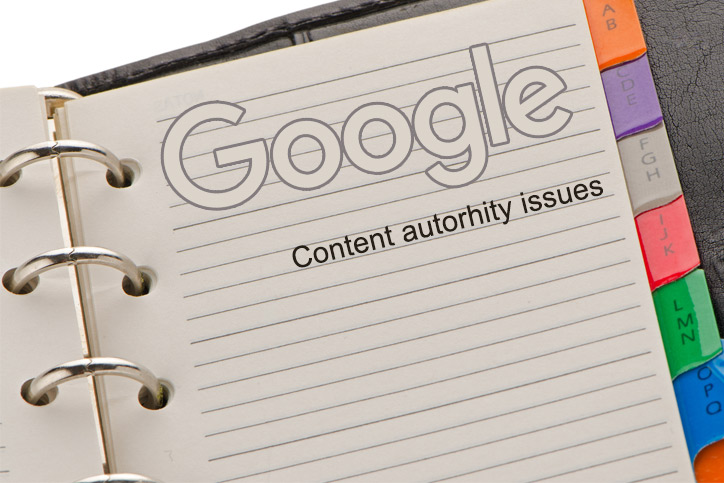
411Locals has always been very responsible when it comes to the quality of website content it produces, and we always aim at creating content of authority. That is why we are always up-to-date on this topic. In this article, we will tell you how Google fights the issue with search quality. Examples of problematic content are fake news, disturbing answers, or offensive search suggestions which appear at the top of Google’s results.
What could the solution be? To begin searching for this answer, we must first explain how Google measures the authority of a website content. To begin with, there is no single “authority” metric. Instead, Google considers various undisclosed metrics, for which it is even possible to vary depending on the query.
PageRank – the first authority metric:
In the dawn of Google, the search engine had only one authority figure – PageRank. What it did was look at the links leading to pages. The search engine counted the number of links received by a page, which helped Google derive a PageRank score for this page.
But rewarding pages with many links was not all Google did. It also attempted to assess the importance of those links. Pages with links from other “important” pages ranked higher than pages with multiple links from not so authoritative other pages.
Even pages with much authority — a high PageRank — couldn’t always make it to the top of Google’s search results. PageRank was only one aspect of the ranking algorithm of Google. The actual words within links were of great importance. The words on the web pages themselves also mattered, as well as other factors.
How authority is calculated today
Links and content are among the most significant ranking signals to this day. However, there is also another major factor called artificial intelligence. Apart from it, the ranking system of Google includes over 200 major signals. But none of them is the only authority factor, the way PageRank was in the past.
Instead, there is a whole group of factors that Google considers, which have not been so far specified, but which Google hopes will help make authoritative content more visible.
The search engine hopes to improve its ranking system by receiving the feedback of quality raters employed by it. Their guidelines on flagging low-quality web pages were recently updated.
The raters do not impact web pages directly. It’s just that their reviews are taken into account by Google, when the search engine decides how to improve its search algorithms so they can better reward authoritative content.
Google assesses authority on a per-page basis
Even though there doesn’t exist a single authority figure, the bunch of signals works quite effectively as one. Which brings us to the next question – whether authority is calculated for every single page on the web or the domains have an overall authority transferred to individual pages.
Google prefers to measure authority on a per-page basis to avoid the false assumptions about individual pages, which can spring from the idea or the site-wide or domain authority, especially when it comes to popular sites, such as Twitter or YouTube, Twitter, Tumbrl, WordPress, or Medium, where Google measures not the authority of the site but that of the user.
As for third-party tools attempting to assess both “domain authority” and “page authority,” well, they aren’t really Google’s metrics but just guesses of these third-party companies.
Sitewide signals rather than domain authority
However, Google also has sitewide signals that influence individual pages too. For example, two such signals are the speed of a site or whether it has been affected by malware.
In the past, Google’s update Penguin focused on spam operated on a site-wide basis, which is no longer the case. Now, Penguin will become “more granular,” which means it will affect finer granularity than sites. But it will affect not only pages.
Which probably means Penguin might have an impact on certain pages of a site, or on certain sections or wide portions of a site, whereas other pages will remain fine.
Which means that sitewide signals will be able to help individual pages, other things being equal for two different pages. But things are never quite equal for the different pages. The exact signals used may also vary depending on the nature of the query, according to Google.
Forewarned is forearmed, and we hope 411 Locals has armed you with useful knowledge which will give you confidence you are well prepared for the battle for the first positions in the search engine results. But if you also have more important things to do, you can leave this tough job to us. We always deliver outstanding results.


